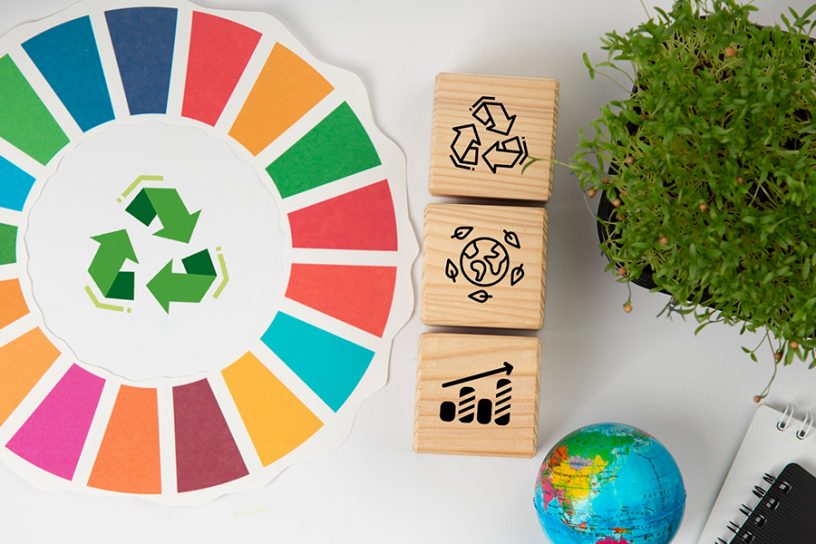
This study highlights that the achievement of net zero emissions by SDGs may be possible only by adopting digital technologies and high-level integration of lean and green.
Authors
Sanjeev Yadav, Department of Textile and Fibre Engineering, Indian Institute of Technology Delhi, New Delhi, India.
Ashutosh Samadhiya, Assistant Professor, Jindal Global Business School, O.P. Jindal Global University, Sonipat, Haryana, India.
Anil Kumar, Guildhall School of Business and Law, London Metropolitan University, London, United Kingdom.
Abhijit Majumdar, Department of Textile and Fibre Engineering, Indian Institute of Technology Delhi, New Delhi, India.
Jose Arturo Garza-Reyes, College of Business, Law and Social Sciences, The University of Derby, Kedleston Road Campus, Derby, UK.
Sunil Luthra, ATAL Cell, All India Council for Technical Education (AICTE), Delhi, India.
Summary
This work adopts a resource-based view for strategically managing firms’ tangible and intangible resources based on lean and green philosophies to explore the role of digital technologies in achieving NZE and the SDGs.
This research outlines three contemporary issues. First, it assesses the theory-driven approaches and real-world datasets from conference of parties (COP) meetings.
Second, adopting the VRIO (Valuable, Rare, Inimitable, Organized) framework, 25 identified digital technology-based values are obtained by digitalization-based integrated lean-green approaches that may enable manufacturing firms to pursue SDGs via net-zero emissions.
Four scenarios of digital technology adoption and integration level of lean and green manufacturing pathways are proposed, differentiated by the degree of radical/ incremental interests in innovation and sustainable advantage types. Third, the study highlights that the achievement of NZE by SDGs may be possible only by adopting digital technologies and high-level integration of lean and green.
Published in: Resources, Conservation and Recycling
To read the full article, please click here.


